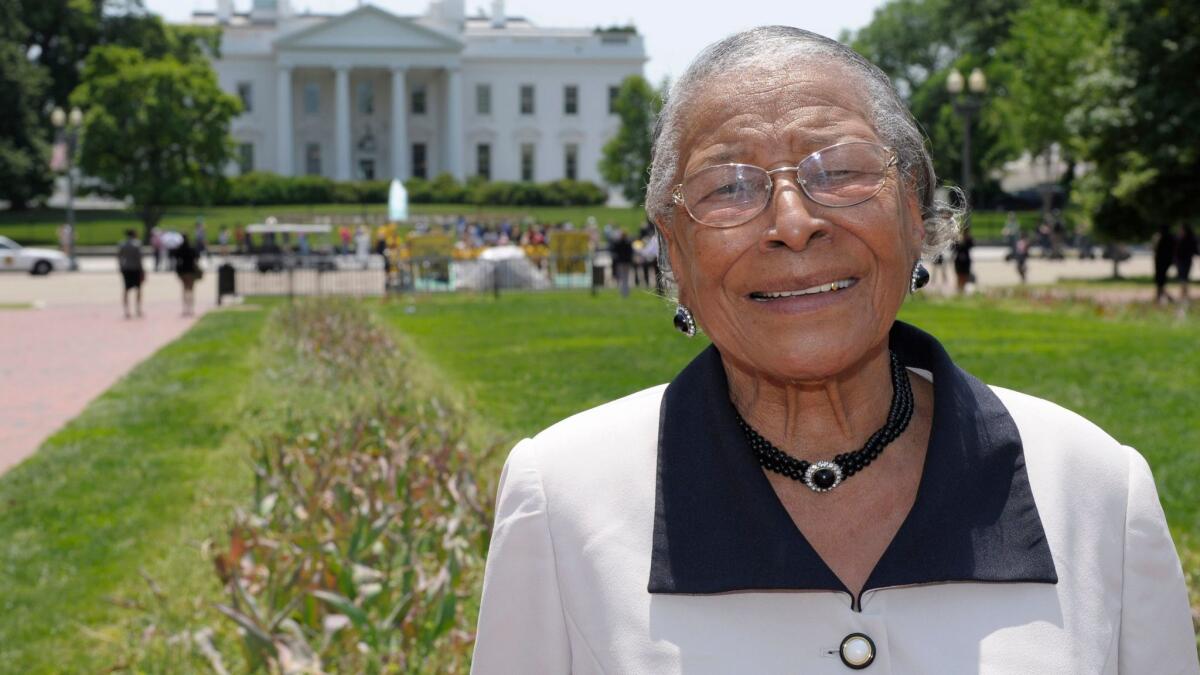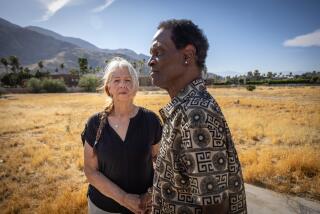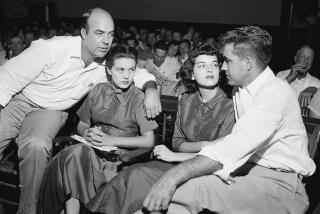Recy Taylor, who fought for justice after being raped by six white men, dies at 97

Reporting from Abbeville, Ala. â Recy Taylor, a black Alabama woman whose rape by six white men in 1944 drew national attention and eventually a public apology, has died at 97.
Taylor died in her sleep Thursday at a nursing home in Abbeville, Ala., her brother Robert Corbitt said. He said Taylor had been in good spirits the previous day and her death was sudden.
Taylor was 24 when she was abducted and raped as she walked home from church in Abbeville. Her attackers left her on the side of the road in an isolated area.
The National Assn. for the Advancement of Colored People assigned Rosa Parks to investigate the case, and she rallied support for justice for Taylor.
Two all-white, all-male grand juries declined to indict the six white men, who admitted to authorities that they assaulted her.
In a 2010 interview, Taylor told the Associated Press that she believes the men who attacked her are dead, but she still would like an apology from officials.
âIt would mean a whole lot to me,â Taylor said. âThe people who done this to me ... they canât do no apologizing. Most of them is gone.â
The Alabama Legislature passed a resolution apologizing to her in 2011.
Taylorâs story, along with those of other black women attacked by white men during the civil rights era, is told in âAt the Dark End of the Street,â a book by Danielle McGuire released in 2010.
A documentary on her case, âThe Rape of Recy Taylor,â was released last year.
âIt is Recy Taylor and rare other black women like her who spoke up first when danger was greatest,â Nancy Buirski, the documentaryâs director, told NBC News in an email.
âIt is these strong womenâs voices of the â40s and early â50s and their efforts to take back their bodies that led to the Montgomery bus boycott and other movements that followed, notably the one we are witnessing today.â
More to Read
Start your day right
Sign up for Essential California for the L.A. Times biggest news, features and recommendations in your inbox six days a week.
You may occasionally receive promotional content from the Los Angeles Times.






